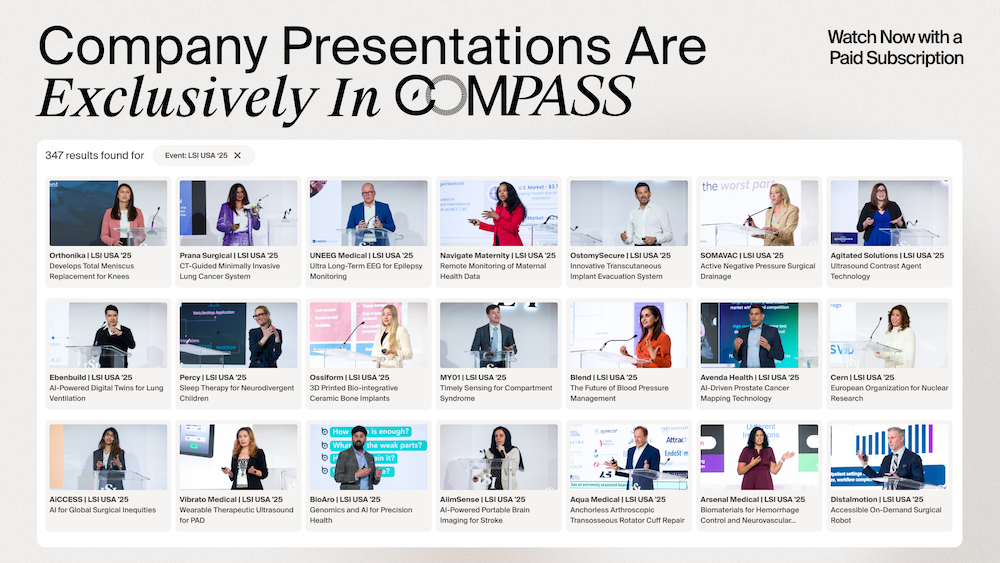- Video Library
- BrainScope | Susan Hertzberg, CEO
BrainScope | Susan Hertzberg, CEO
shaping the future of
Medtech at LSI USA ‘26
Waldorf Astoria, Monarch Beach

Susan Hertzberg
Susan is an innovative and successful healthcare executive with over 30 years of diagnostics, products, and services experience. She joined BrainScope in June of 2019.
Susan received an MBA from Columbia University and is an EY “Entrepreneur of the Year.” (2014). She serves on the board of directors of BreastCancer.Org and is a strategic advisor to the Founders Affiliate Board of Directors of the American Heart Association.
Susan Hertzberg
Susan is an innovative and successful healthcare executive with over 30 years of diagnostics, products, and services experience. She joined BrainScope in June of 2019.
Susan received an MBA from Columbia University and is an EY “Entrepreneur of the Year.” (2014). She serves on the board of directors of BreastCancer.Org and is a strategic advisor to the Founders Affiliate Board of Directors of the American Heart Association.

17011 Beach Blvd, Suite 500 Huntington Beach, CA 92647
714-847-3540© 2026 Life Science Intelligence, Inc., All Rights Reserved. | Privacy Policy







